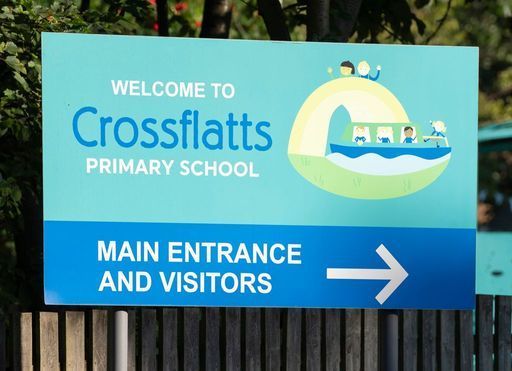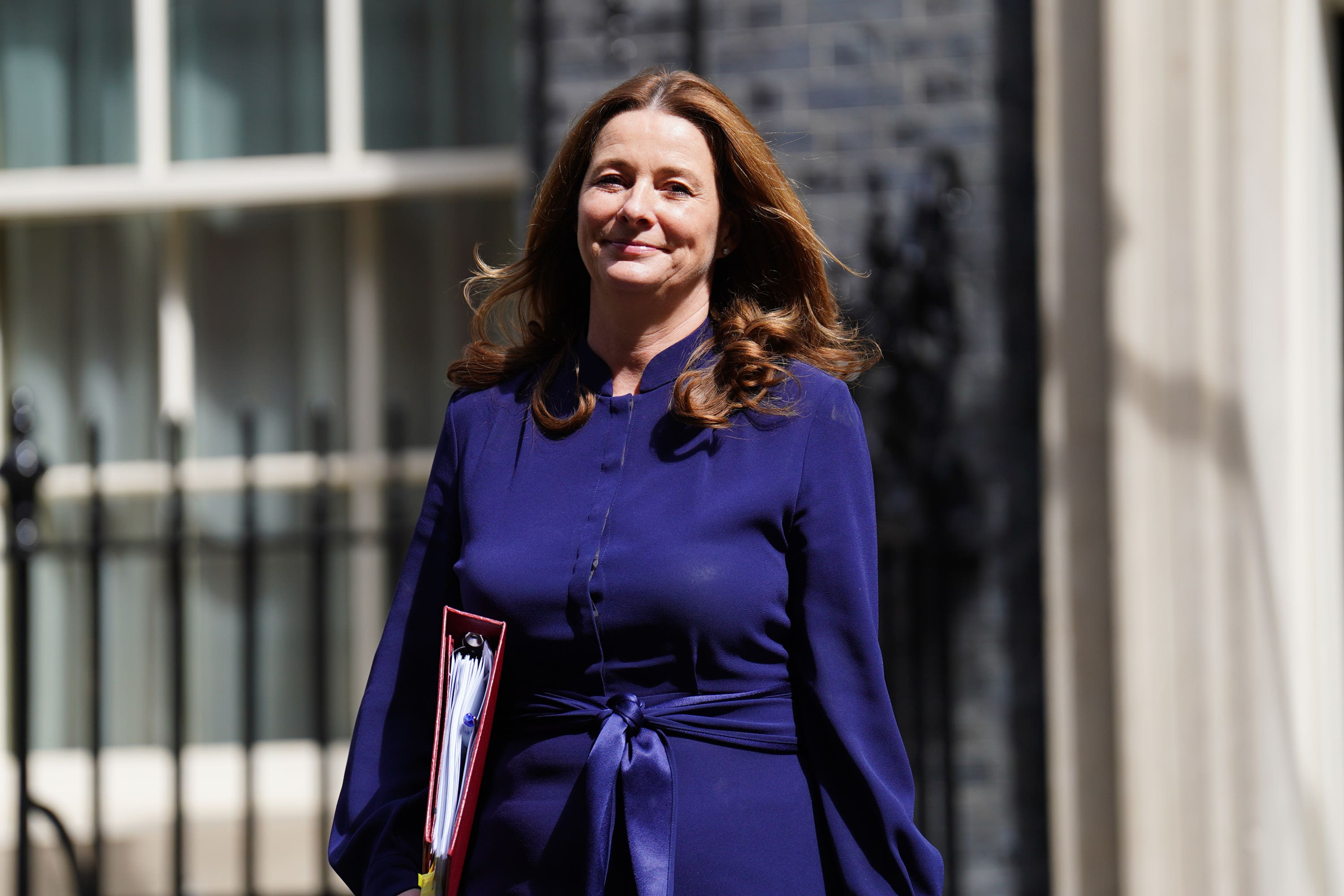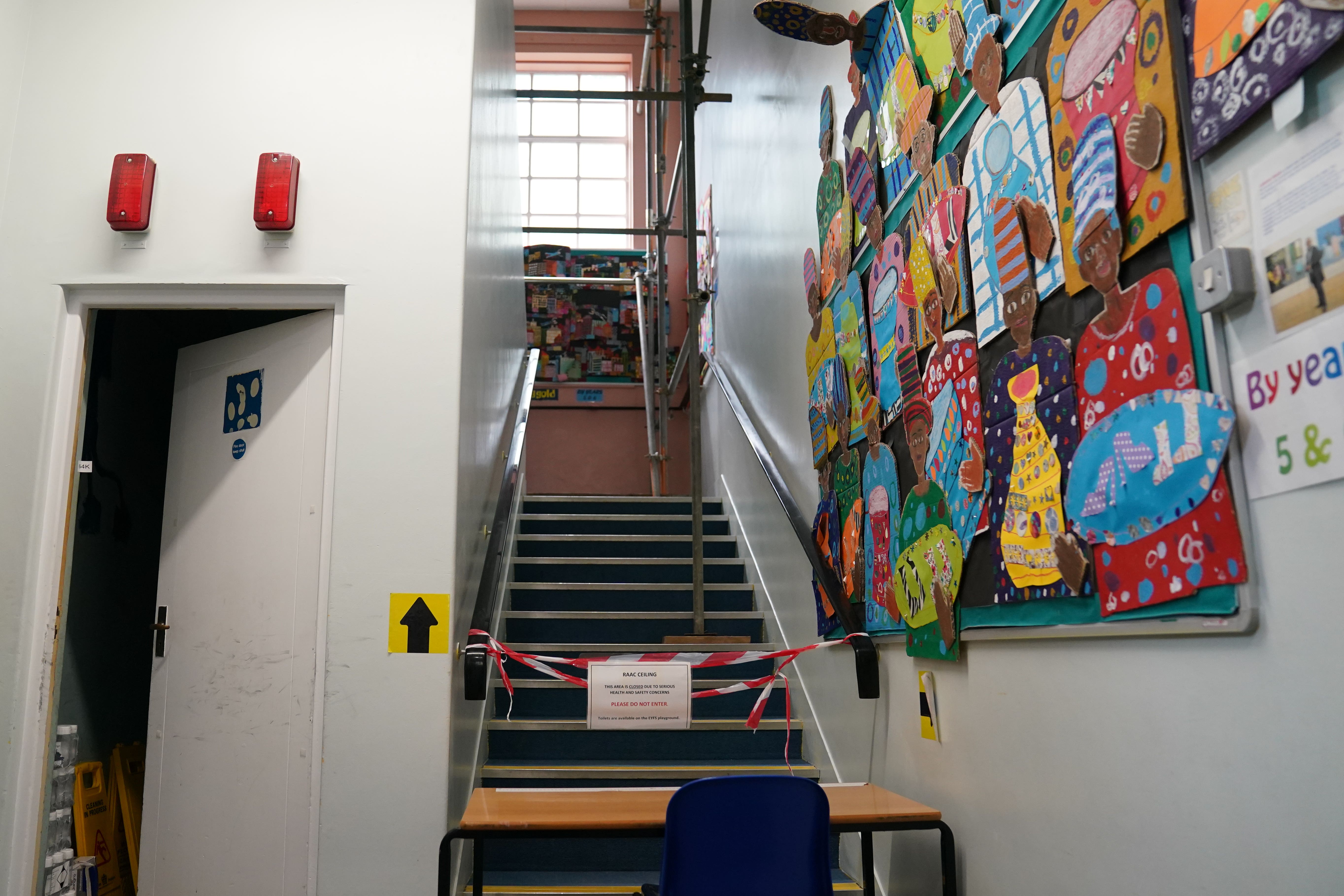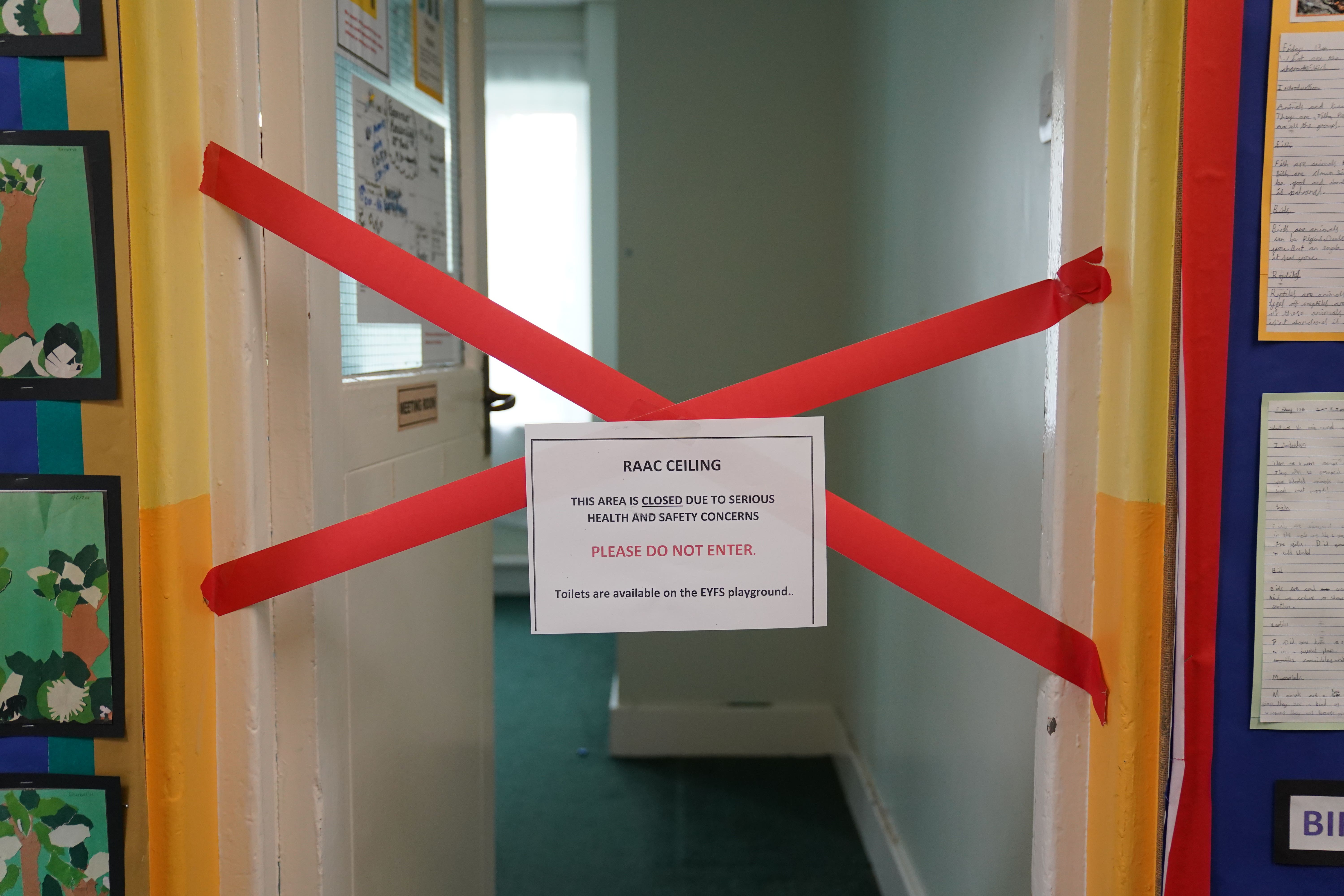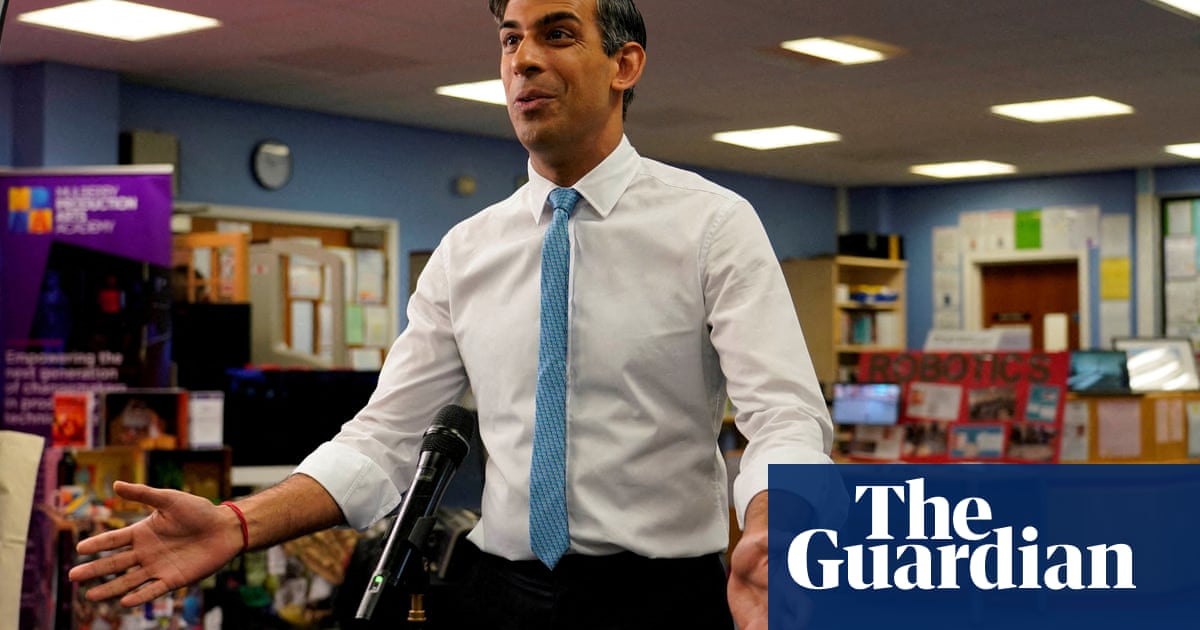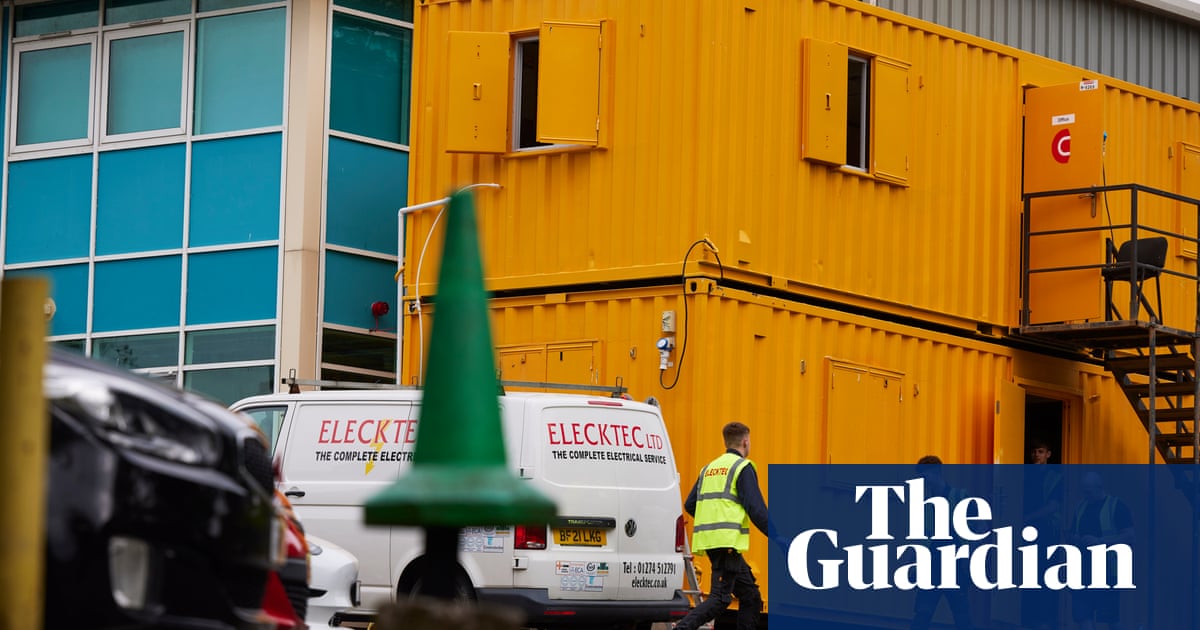
A crackdown on people claiming sickness benefits will not come into force until 2025, the Work and Pensions Secretary has admitted.
Under plans unveiled by the Government on Tuesday, hundreds of thousands of people are expected to find it harder to claim they are too sick to work. The number doing so has risen to almost three million post-pandemic.
However, Mel Stride, the Cabinet minister in charge of the brief, accepted that any changes would only take effect after the next general election.
He told the Commons: “If the proposals were taken forward following consultation, the earliest we could implement any change would be from 2025, given the need to make changes to regulations and ensure appropriate training for health assessors.”
The delay has surprised many Conservatives, with the ballooning cost of the welfare budget having been blamed for undermining economic growth and restricting the ability to cut taxes.
Supporting those deemed too sick to work will cost the taxpayer £26 billion this year alone, according to the Institute for Fiscal Studies – £6 billion more in real terms than before the pandemic.
The Office for Budget Responsibility estimates that one in eight of all working age people will be claiming some form of disability benefit by 2027 at a cost to the taxpayer of £77 billion a year, according to Department of Work and Pension forecasts.
However, despite the costs and repeated pledges to address the situation, there has been speculation that the Government is wary of tackling sensitive issues before the election.
The delay also means that if Labour wins the election, as polls currently predict, it would have to decide whether to go ahead with changes, which are likely to prove controversial with some of their supporters but popular with the public.
Sir John Redwood, a former Tory minister, criticised the decision to wait more than a year before enacting the changes, urging Mr Stride to “speed it all up”.
He said: “Why on earth is it going to take so long? This is something we need to be doing now to ease our workplace shortages and to give those people earlier support and hope.”
The proposed reforms, outlined in a consultation, will raise the bar for what people need to prove to be considered incapable of working for health reasons by the state.
If someone has difficulty leaving the house, social anxiety about engaging with colleagues, incontinence or trouble walking long distances, they may no longer be able to claim benefits without making any effort to find a job.
Around 2.4 million people receive sickness benefits but are given no support to get them back into work because they are deemed too ill to hold down a job.
The figure has grown by 40 per cent over the last decade, with a notable increase in those claiming long-term sickness during and since the Covid crisis.
A further group of around 450,000 people whose conditions are deemed less debilitating receive a lower rate of benefits as well as coaching to guide them back to employment.
Mr Stride appeared to concede that the figure could keep rising until the changes are implemented in 2025, telling MPs: “We have two and a half million or thereabouts who are on long-term sick and disability benefits and that number is growing.”
However, writing for The Telegraph, he argued that the ability to work from home and improved awareness of mental health means people previously deemed unable to work now have the prospect of employment.
He said: “There are now much greater opportunities for flexible and home working and many employers have improved their approach to accessibility and providing reasonable adjustments for staff.
“Improved understanding around mental health conditions and neurodiversity has helped employers to identify opportunities to adapt job roles and the way disabled people and people with health conditions work.
“Many people on disability benefits say they want to work, and with modern working practices could manage their condition effectively while working. Instead, they are stuck on benefits with no help to prepare for work.”
The emphasis on helping people with disabilities and other health conditions to work from home comes despite a wider Government push to get people back to the office.
The plans focus on work capability assessments – checks people undergo to see whether they are fit enough for jobs when they are hoping to receive welfare payments.
At their heart is the idea that certain conditions under which people could get payments from the state without any attempt at returning to work may now not apply.
Under one option, people with those conditions would not be able to get the extra support at all, but would still be entitled to the benefits given to healthy job-seekers. Under another, the conditions would carry less weight in the assessment.
The proposals are designed to reduce the number of people on sickness benefits who are not seeking to return to work, with officials hoping to reduce the group by hundreds of thousands.
Mr Stride told the Commons that one in five people on benefits because they are deemed too sick to work want to have a job in the future.
He said the proportion of people going through work capability assessments who are awarded the highest level of benefits and not required to look for work had risen from 21 per cent in 2011 to 65 per cent last year.
But Liz Kendall, Labour’s newly-appointed shadow work and pensions secretary, said: “This is not a serious plan. It is tinkering at the edges of a failing system.”
Scope, the disability equalities charity, raised fears that the proposals would “end up forcing huge numbers of disabled people to look for work when they aren’t well enough, making them more ill”.
Sarah White, the head of policy at the national disability charity Sense, warned that the plans could “cause huge anxiety for disabled people up and down the country”.
https://news.google.com/rss/articles/CBMibGh0dHBzOi8vd3d3LnRlbGVncmFwaC5jby51ay9wb2xpdGljcy8yMDIzLzA5LzA1L3NpY2tuZXNzLWJlbmVmaXRzLWNyYWNrZG93bi13aWxsLW5vdC1iZS1pbi1mb3JjZS11bnRpbC0yMDI1L9IBAA?oc=5
2023-09-05 21:20:00Z
2377302431






